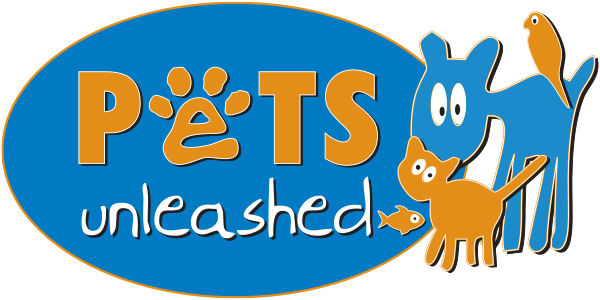Basic Cockatiels
Cockatiels are small, crested members of the parrot family and the world’s second most popular pet bird. Originating in Australia, they are known for their mellow nature and easy care. Gray is the most common color.
Life Span Up to 25 years with proper care
Diet & Feeding Specialized pelleted diets are highly recommended and should consist of 60–70% of the diet. Supplement the pellets with good quality cockatiel or small parrot seed. Also provide fresh fruit and vegetables (such as strawberries, apricots (no pits), bananas, spinach, broccoli, peas, carrot tops, celery, and corn). Fresh fruits & vegetables should be given often & discarded when not eaten within 24 hours. Cockatiels appreciate quality and variety in their food. Change water daily. Do not feed fruit seeds, avocados, or processed ‘human’ foods (eg bread, chocolate, biscuits, etc.).
Housing Birds acclimate well to average household temperatures although be cautious of extreme temperature change. The cage should be placed in an area that is well-lit and away from drafts. A variety of perch sizes to exercise feet and help prevent arthritis is recommended. Natural sticks & twigs are great perches but please clean thoroughly before adding to cage.
The metal grate over the droppings tray is designed to keep the bird away from droppings. Line the tray with paper or appropriate substance for easier cleaning (we use clumping cat litter). Do not place food or water containers under perches.
Recommended Supplies
|
Normal Behavior & Interaction Cockatiels are known for mimicking repetitive sounds and noises. They bond easily with their human companions and will follow them everywhere. Replace and/or rotate toys regularly to keep your cockatiel interested.
Habitat Maintenance Clean and disinfect the cage and perches regularly - replace dropping tray liner at least weekly. Replace perches, dishes, and toys when worn or damaged. Ensure that there are no cage parts or toys with lead, zinc or lead and lead-based paints or galvanized parts – toys purchased from pet stores are your safest option.
Grooming & Hygiene Provide lukewarm water regularly for bathing, and remove the water when done. As an alternative, mist the bird with water or a grooming spray. Clipping flight feathers is an option to help prevent injury or escape. Nails may also need to be trimmed from time to time.
